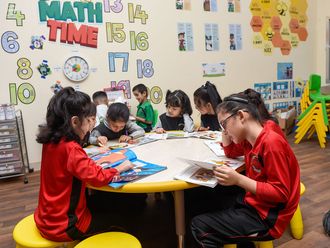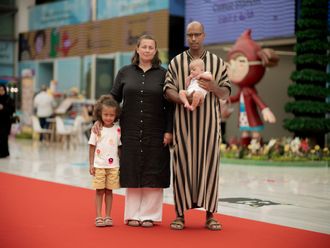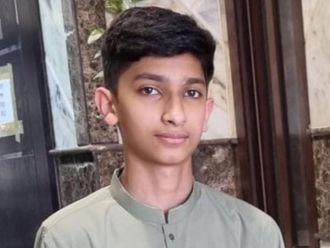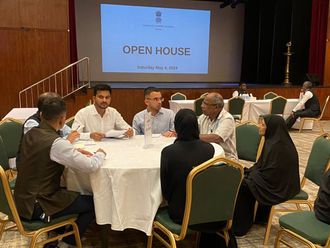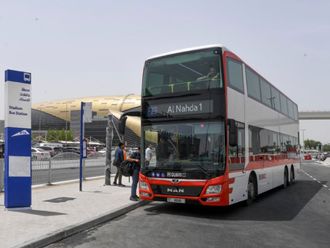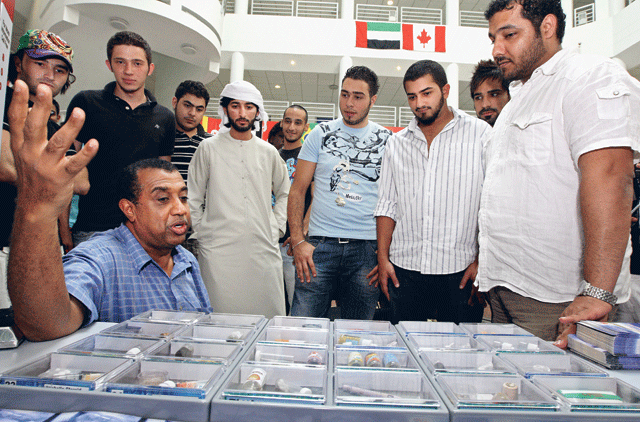
Dubai: Regular over-the-counter and prescription medicines are what youth are turning to these days instead of hard-core drugs like heroin, marijuana and crystal meth, say Dubai Police.
During a presentation on the dangers of drugs at the Canadian University of Dubai (CUD) Dubai Police officials said they have found regular medicines, such as Tramadol, a strong pain killer, to be the main cause of drug addiction amongst the youth in the UAE.
The Dubai Police General Department of Anti-Narcotics held a campaign at CUD to raise awareness about how such substances, along with the hard-core drugs, dangerously affect people's lives.
Abusing regular medication
Dubai Police First Corporal and psychologist Mousa Guled said police are finding many drug addicts abusing regular medication. The corporal said it may seem perfectly all right to get a prescription for medicine, "but it's not normal". When the doctor prescribes a dose of one tablespoon, "an addict will take the whole bottle at one time", he said. Sometimes abusers will mix medicines together that makes them overdose. Guled said such examples show that the person is addicted to the drug.
Most of the time, addicts get prescriptions from private doctors or hospitals, Guled said. "There could be a number of reasons for getting these regular medicines — family problems, stress problems, mental problems."
Peer pressure
The most common reason for drug addiction amongst the youth in the UAE is "friends — that's the key". Guled explained that when youngsters hang out with their peers, they are offered tablets but "they don't know which kind of tablets they are!" They keep on taking the medicine, after which they become addicted to it, he said. This is the reason the campaign is being held in schools and universities in order to curb the problem said Guled. He said the police haven't seen an increase in the use of drugs but they want to continue holding such awareness programmes to stop people from using drugs.
If drug addicts come forward for treatment, Guled said, "We [Dubai Police] can accommodate them without any punishment". The police will either send the abusers to a clinic or enrol them in a two-year programme, where the police will keep track of their health, in order to "cure" them from using the drugs again.
However, if the abuser is caught before coming forward to the police, they will be severely punished, Guled said. The punishment for an offender being caught using drugs can vary between one and four years, depending on the amount of drugs used.
CUD students who attended the event said that such campaigns are beneficial because they explain the consequences of taking such drugs and, as marketing student Majid Abu Arisheh put it, "If it's not to guide them — to stop doing something wrong — it's to actually help others who are doing something wrong". However, many students don't believe that addiction occurs amongst students in universities. Another marketing student, Tarek Abu Arisheh, said that he was born and bred in the UAE and "till now I haven't seen any of these things [drug addiction]".
The writer is a mass communication major at the American University of Sharjah.



_resources1_16a30b2f411_small.jpg)
